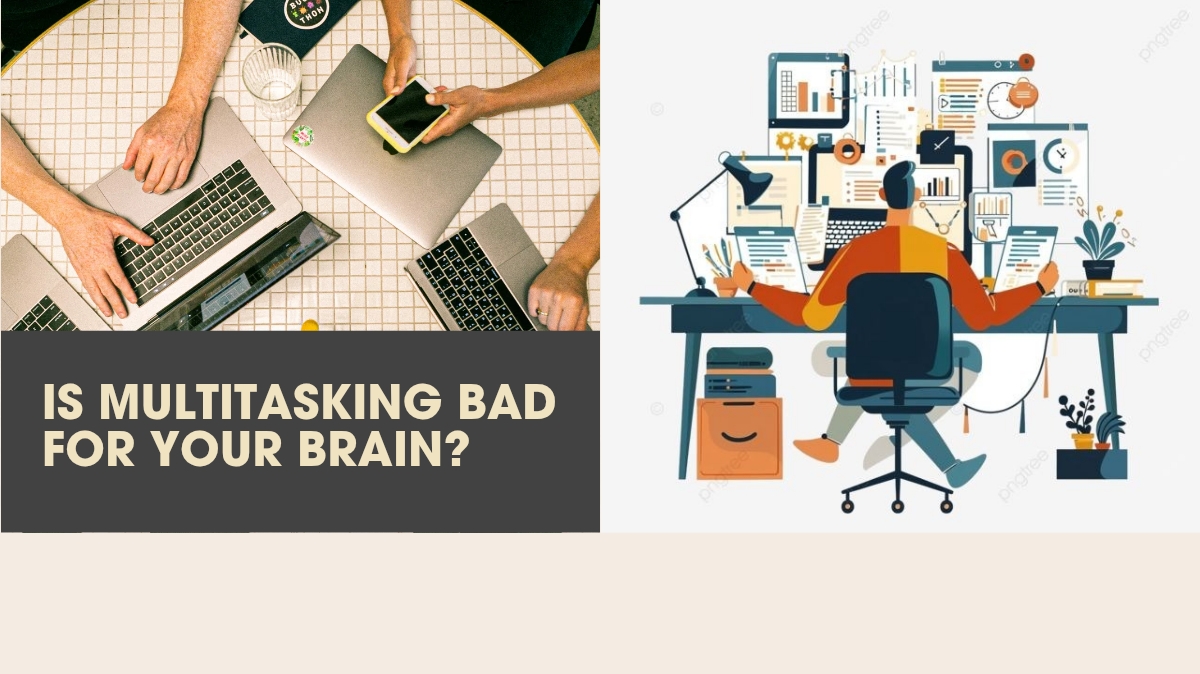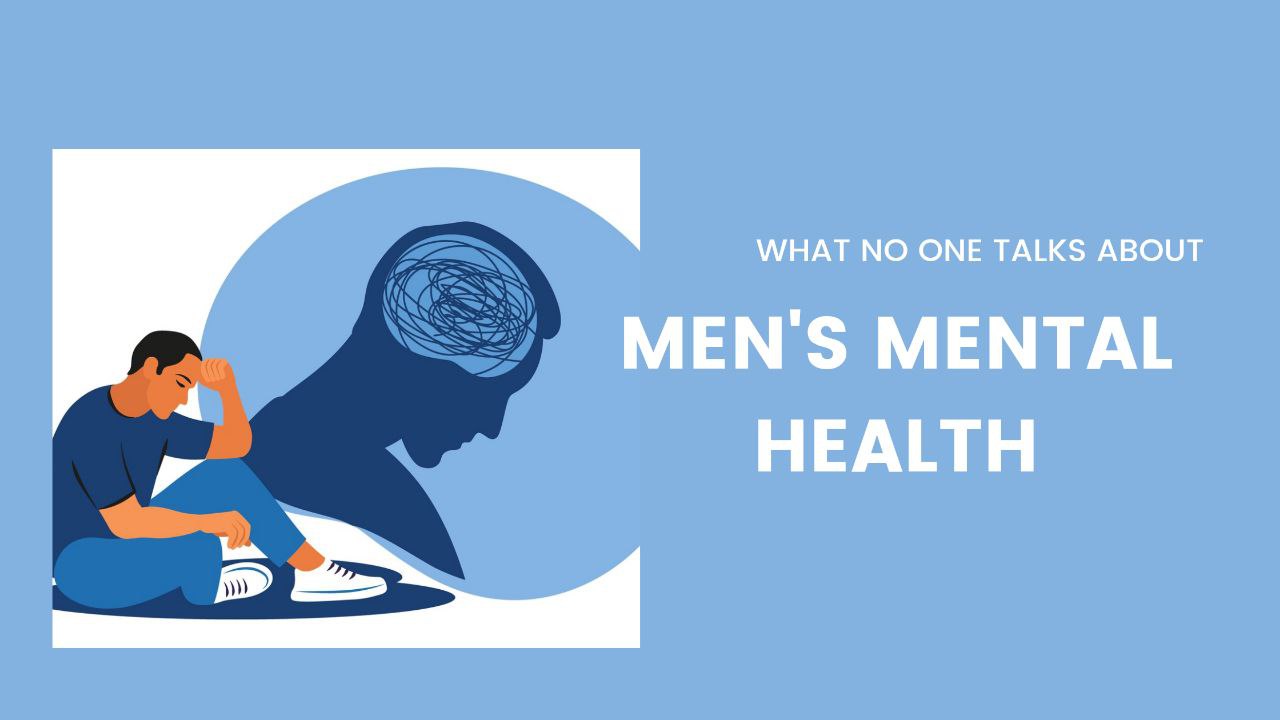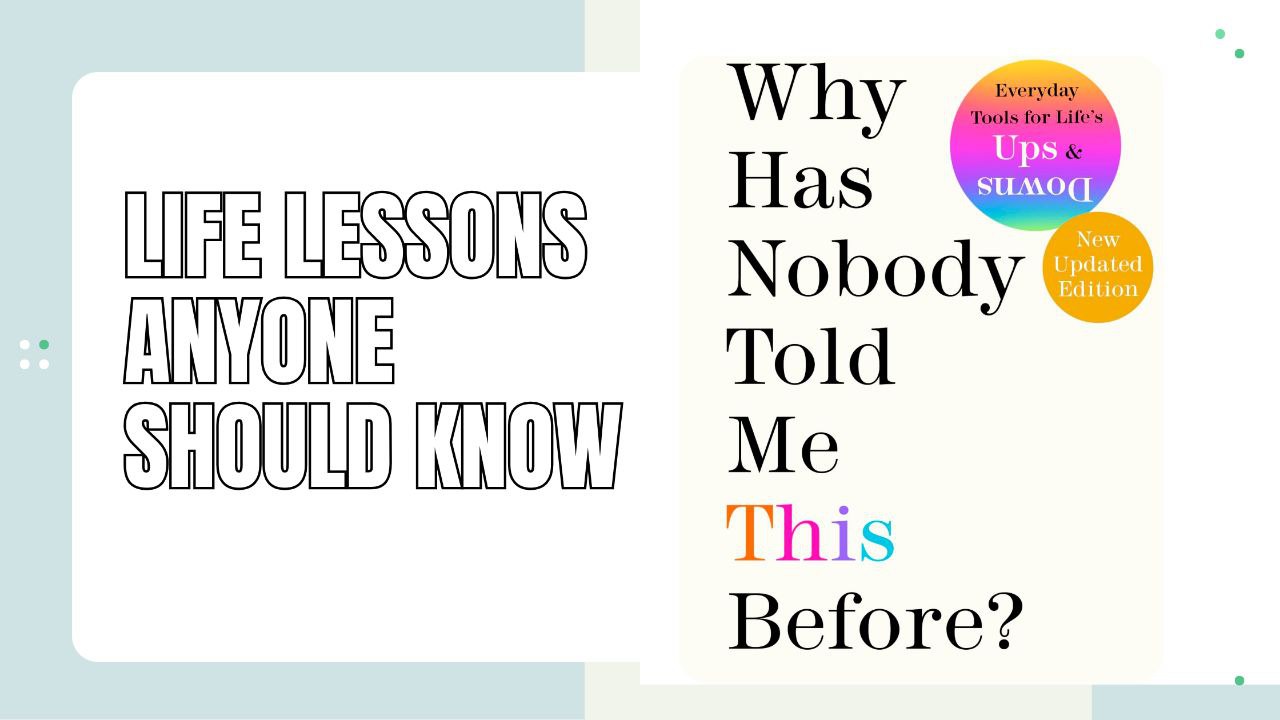Is multitasking bad for your brain? Studies reveal that it can reduce focus, increase stress, and even shrink gray matter. Learn the real impact of multitasking on your brain and how to break free.
Is Multitasking Bad for Your Brain? A Neuroscientific Perspective
In today’s fast-moving world, multitasking is seen as a necessity. We switch between emails, social media, work projects, and conversations without a second thought. But have you ever stopped to ask: Is multitasking bad for your brain? Research suggests that while it may seem efficient, multitasking comes with serious cognitive costs.
What Happens to Your Brain When You Multitask?

Your brain isn’t designed to focus on multiple complex tasks simultaneously. Instead, it rapidly shifts focus between tasks, a process known as “task-switching.” This constant switching overloads the prefrontal cortex, which is responsible for focus and decision-making. The result? Increased stress, reduced efficiency, and a higher likelihood of errors.
Some studies even show that chronic multitaskers have less gray matter in the anterior cingulate cortex—an area responsible for emotional regulation and cognitive control. This means long-term multitasking can literally change the structure of your brain.
The Hidden Cognitive Costs of Multitasking
If you’re still wondering, is multitasking bad for your brain? here are some scientifically proven downsides:
Decreased Focus & Memory: Multitasking weakens working memory, making it harder to retain and recall information.
Increased Stress & Anxiety: Your brain works harder to manage multiple streams of information, elevating cortisol (the stress hormone).
Lower Productivity: Studies show that multitasking can reduce productivity by up to 40%, making it counterproductive.
When Multitasking Might Not Be So Bad
Not all multitasking is harmful. Certain combinations—like listening to instrumental music while working or walking while brainstorming—can enhance creativity. The key is to avoid mentally demanding tasks that compete for the same cognitive resources.
How to Train Your Brain to Focus Better
If you want to reverse the negative effects of multitasking, try these techniques:
1. Practice Deep Work: Dedicate blocks of time to single-tasking without distractions.
2. Mindfulness & Meditation: These help rewire the brain for better focus and impulse control.
3. Use the Pomodoro Technique: Work in focused sprints with short breaks to maintain concentration.
4. Limit Digital Overload: Disable unnecessary notifications and use apps that block distractions.
Final Verdict: Should You Quit Multitasking?
So, is multitasking bad for your brain? The answer is largely yes—especially when it involves tasks that require deep thinking. While minor multitasking can be harmless, constantly juggling complex tasks can rewire your brain for distraction and inefficiency. Instead of multitasking, embrace single-tasking and watch your focus, memory, and productivity improve.
Are you ready to break free from the multitasking myth? Start by eliminating unnecessary distractions and see how much more you accomplish!







